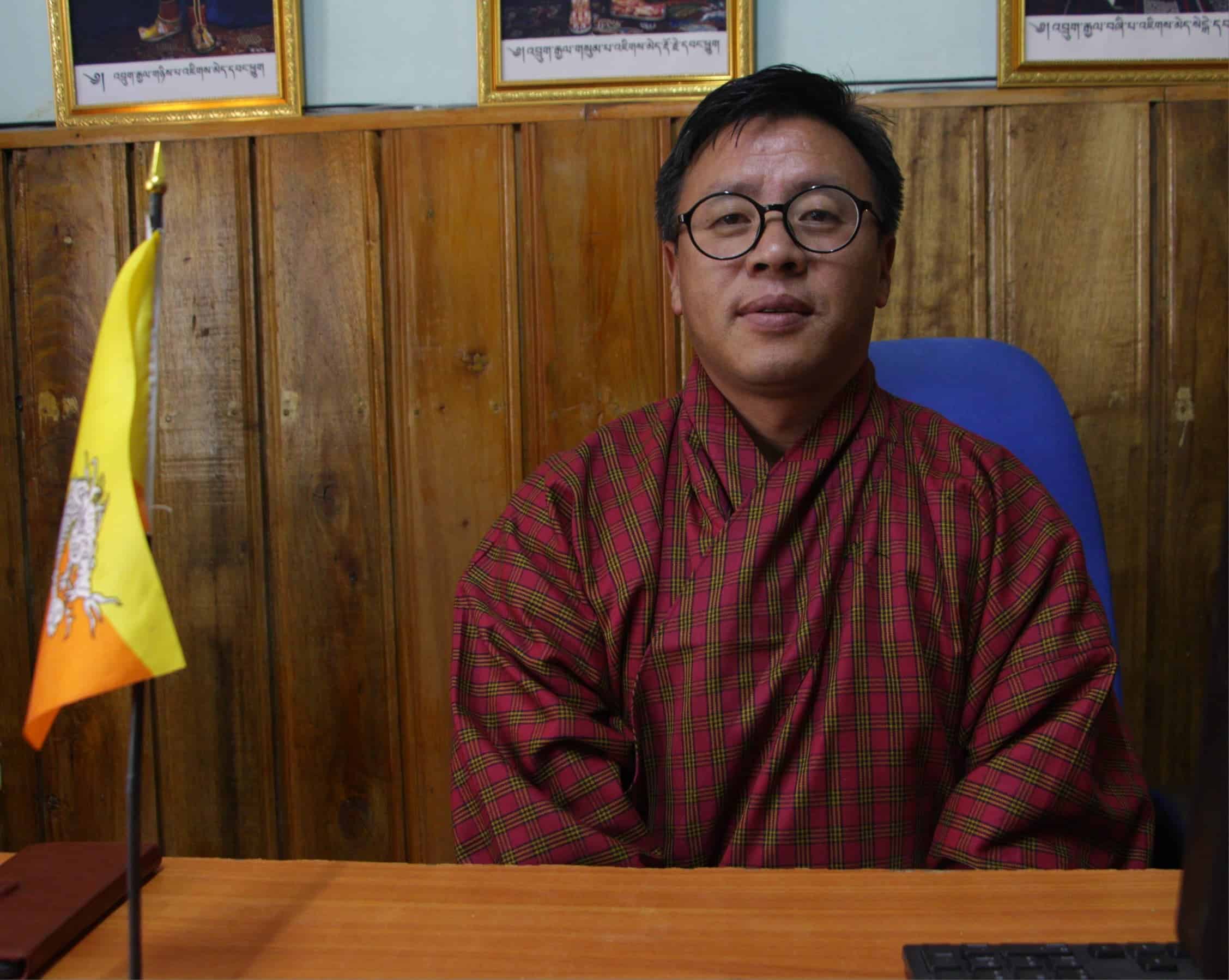To unlock and boost growth in Central and Eastern Bhutan
Local entrepreneurs and business organizations are championing significant policy changes to stimulate economic development in the less developed regions of Central and Eastern Bhutan. Their advocacy highlights the need for targeted government action to enhance local infrastructure, improve investment incentives, and streamline regulatory processes to attract both domestic and international investors. These reforms are seen as essential to unlocking the economic potential of these areas and ensuring a more balanced regional economic growth across Bhutan.
In a recent consultative meeting spearheaded by the Bhutan Chamber of Commerce and Industry (BCCI) and the Voice for Green Change Partnership (V4GCP) Project, business leaders from central and eastern Bhutan, including Phuentsholing, have voiced pressing concerns regarding the challenges hindering their growth. They have called upon the government to enact policy reforms to address location-specific issues and unlock the region’s economic potential.
Businesses in regions like Samdrupjongkhar and Nganglam are advocating for direct international flights to and from these areas as part of a broader strategy to stimulate tourism and economic growth. The rationale behind this proposal is to make these regions more accessible to international tourists, which in turn is expected to foster a vibrant local economy centered on tourism and hospitality.
By establishing direct flights to strategic points like Samdrupjongkhar and Nganglam, the local authorities aim to reduce travel time and complications that tourists currently face, including potentially long transfers and multiple flights. This direct connectivity would make the region more attractive to international travelers seeking new destinations, particularly those that are easier and quicker to reach.
“Direct flights are not just about convenience; they are a catalyst for economic development. Increased tourist arrivals would necessitate the development of tourism infrastructure such as hotels, restaurants, and entertainment venues. This infrastructure development would, in turn, create jobs, stimulate local commerce, and increase the region’s overall economic activity,” a businessman from Samdrupjongkhar said.
Similarly, the prospect of a growing tourism sector would likely attract both domestic and foreign investments into the region. Investors would be interested in capitalizing on the increasing flow of tourists by developing real estate, recreational facilities, and other business services that cater to an international audience. This investment would help in upgrading the local infrastructure, making the area more appealing to tourists and business travelers alike.
“With the growth in tourism, there would also be an increased demand for various business services, including travel agencies, guided tour services, and local crafts and products. This would encourage the growth of small and medium enterprises (SMEs), enhancing the economic diversity of the region,” he added.
However, the business community feels that for such a strategy to be effective, collaboration between government, local businesses, and international partners is essential. Governments might need to offer incentives for airlines to operate in less trafficked regions, perhaps through subsidies or reduced fees for airport usage.
Additionally, ensuring that these regions have the capacity to handle international traffic, in terms of both airport infrastructure and hospitality standards, is crucial.
Enabling direct flights to regions like Samdrupjongkhar and Nganglam could serve as a pivotal move in unlocking the tourism potential of these areas.
“This approach not only makes the destination more accessible but also drives broader economic benefits through enhanced tourism infrastructure, increased investment, and strengthened local businesses. Such proactive measures are essential for regions aiming to become new hubs of international tourism,” a hotelier in Samdrupjongkhar, Yangchen said.
The business community emphasized the necessity of policy adjustments to stimulate investment, particularly in the tourism sector. They assert that current policies often act as barriers to tourism development and advocate for the development of enticing tourism packages by dzongkhag administrations in response to any shifts in tourism policies.
Acknowledging the region’s potential to offer unique tourism experiences, stakeholders emphasize the importance of fostering participatory and inclusive decision-making processes that engage industry experts and local communities. They warn against insufficient development policies, which could exacerbate challenges such as rural-urban migration, land degradation, and labor shortages.
Concerns have been raised regarding thromde policies impacting business investments due to issues like inadequate land allocation and short lease periods. The business community calls for a review of these policies to align them with private sector aspirations. Additionally, there are concerns about bureaucratic inefficiencies stemming from the selection of Thromde Thuemis without requisite business experience.
Business representatives highlighted the need to improve access to finance and streamline the operations of state-owned enterprises (SOEs), urging the government to review the mandate of SOEs, citing concerns about their impact on local businesses. Specifically, they advocate for reforms in the retail operations of the Food Corporation of Bhutan Limited (FCBL) and the procurement practices of the State Mining Corporation Limited (SMCL).
To foster economic growth, businesses are calling for streamlined export routes to Bangladesh and measures to address tariff and non-tariff barriers hindering trade. Moreover, they propose deferring loan repayments for an additional three to five years to alleviate financial burdens, especially in the aftermath of the Covid-19 pandemic.
The consultative meeting, supported by the European Union and led by the Handicrafts Association of Bhutan, aims to promote sustainable economic development, drawing attention to the urgent need for policy reforms to address location-specific challenges and unlock the economic potential of central and eastern Bhutan. With a collaborative approach between the government, businesses, and civil society, stakeholders aim to foster a sustainable, inclusive, and resilient economy in the region.
By Tashi Namgyal, Thimphu















